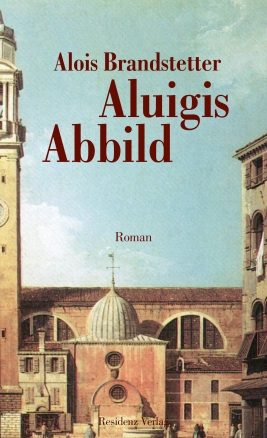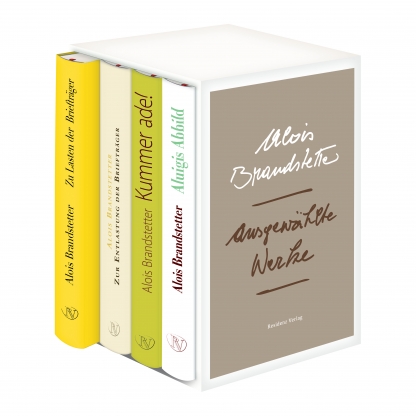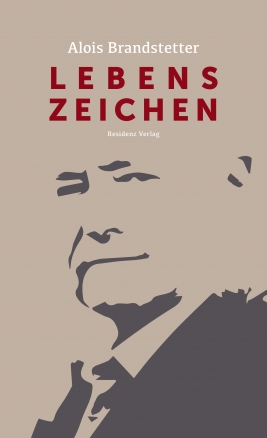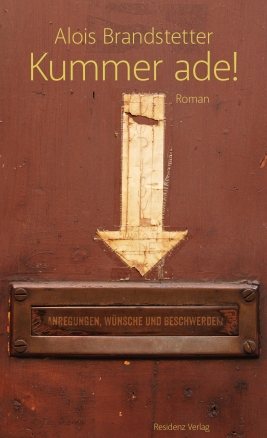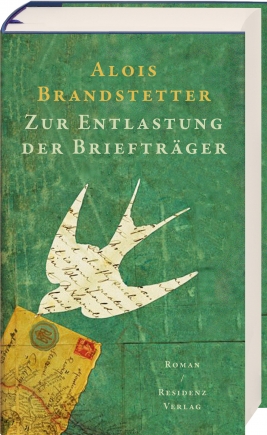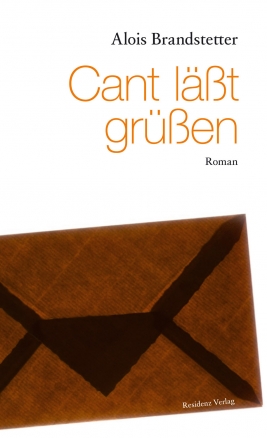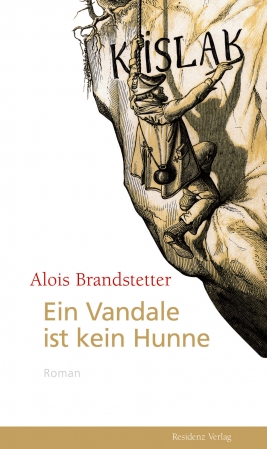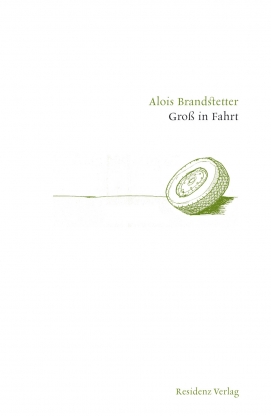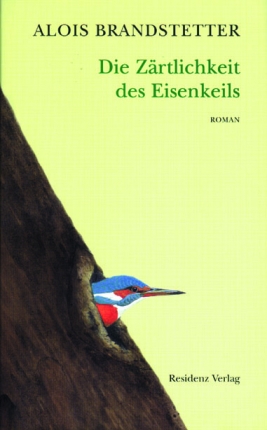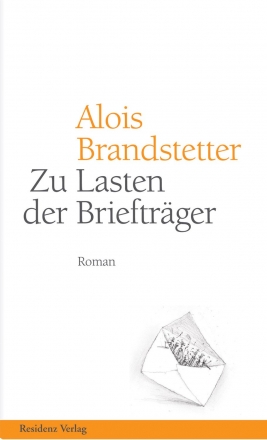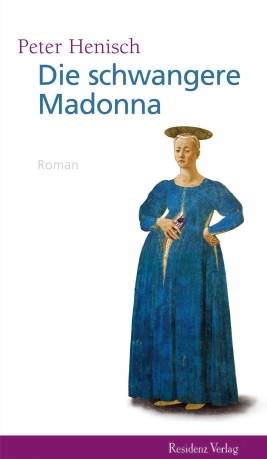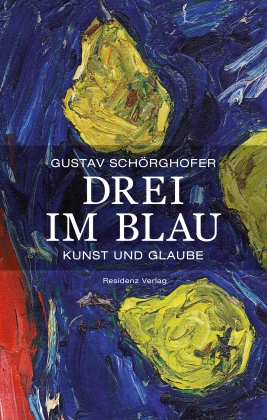Aluigis Abbild ist Brandstetters Liebeserklärung an die deutsche Sprache mit all ihren Raffinessen und Tücken.
[Quelle: Sebastian Fasthuber, SALZBURGER NACHRICHTEN]
…fein und sprachwitzig…
[Quelle: Barbara Mader, KURIER]
Alois Brandstetter gelingt es wunderbar, einen Sprachduktus anzunehmen, der die barocken Höflichkeitsfloskeln abbildet und (...) die Ironie der Schicksale der Protagonisten fein herausarbeitet.
[Quelle: Viola Stocker, Kulturmagazin TITEL]
Sprachmeister Brandstetter!
[Quelle: KÄRNTNER WOCHE]
Abseits des Mainstreams bearbeitet er seine ureigenen Themen und Stoffe – und er macht das nach wie vor auf jener überragenden stilistischen und intellektuellen Qualitätsstufe, die seine Leser aus guten Gründen zu schätzen wissen.
[Quelle: Reinhold Tauber und Christian Schacherreiter, OÖ NACHRICHTEN]
… ein verspieltes Capriccio zwischen Spätrenaissance und Frühbarock, zwischen Antwerpen und Mantua, mit viel Freude an Sprache und Spiel.
[Quelle: Berndt Herrmann, AICHACHER ZEITUNG]
Brandstetter wäre nicht derjenige, der er ist, gestaltete er die fiktive Geschichte nicht mit Witz und Anspielungen auf Kunst und Religion auf der Basis seines umfassenden kulturhistorischen Wissens. (…) Breit empfohlen.
[Quelle: Peter Vodosek, EKZ]
Wie schon oft zeigt Brandstetter, dass er spannend, mit Sprachwitz und sehr unterhaltsam mit historischen Stoffen umgehen kann.
[Quelle: Maria Fellinger-Hauer, KIRCHENZEITUNG DIÖZESE LINZ]
Amüsant und lehrreich.
[Quelle: Susanne Hassler, KLEINE ZEITUNG]
… die feine Ironie, Brandstetters virtuoses Spiel mit Sprache machen auch „Aluigis Abbild“ zu einem Lesevergnügen.
[Quelle: pia, NEUES VOLKSBLATT]
… charmant und hinreißend (…) Fazit: ein gelungener intellektueller Spaß, nicht nur für Freunde der Malerei.
[Quelle: Oliver Herzig, XING]
… eine kleine, feine, beherzte Geschichte…
[Quelle: Gerhard Zeilinger, TEXT UND KRITIK]
Alois Brandstetters „Aluigis Abbild“ erzählt mit augenzwinkerndem Wortwitz und intellektueller, fast barocker Fantasie vom letztlich nie gemalten Bild des heiligen Aloysius.
[Quelle: Christoph Jungwirth, DIE MACHER]
Das Buch bekommt sicher keine Empfehlung für Menschen aus bildungsfernen Schichten, aber für Brandstetter-Fans ist es ein absolutes Highlight und wird viele „ammiratore“, BewunderInnen und VerehrerInnen, finden.
[Quelle: Michael Wildauer, BIBLIOTHEKSNACHRICHTEN]
Die unglaubliche, gut erfundene Geschichte des jüngsten Heiligen der katholischen Kirche nicht zu lesen, wäre ein Versäumnis.
[Quelle: gd, ROTWEISSROT]
